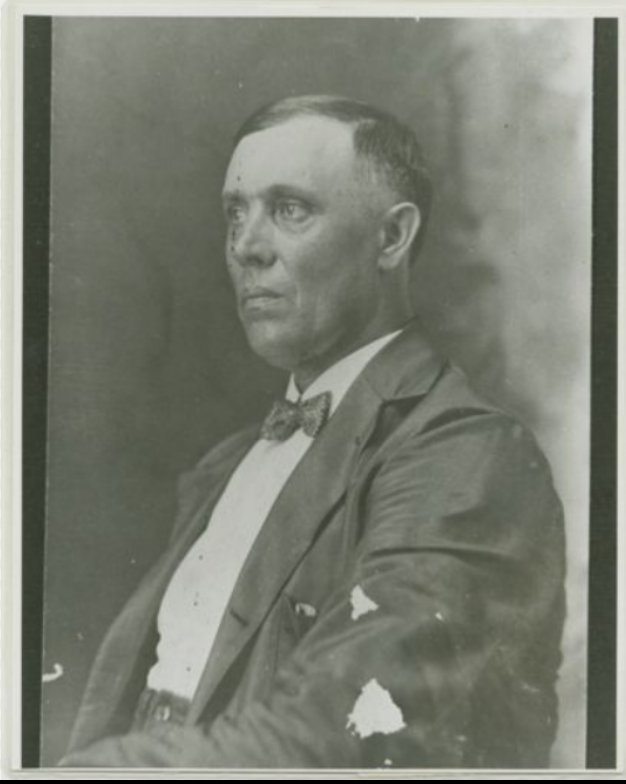As we approach the centennial of the Scopes “Monkey” Trial, it’s worth revisiting the man whose legislation ignited this landmark case: John Washington Butler. Butler, a Tennessee farmer and state representative, drafted the Butler Act, which made teaching evolution in Tennessee public schools illegal. This law set the stage for Dayton, Tennessee’s dramatic confrontation between science and religion.
Butler’s political journey began in 1922 when he ran for state representative as a Democrat. His campaign was influenced by a deep concern over the teaching of evolution and its potential impact on religious beliefs. According to Douglas Linder’s insightful article on the Scopes Trial, Butler was motivated to protect schoolchildren from the “godless doctrine of evolution.”

As Linder notes, Butler’s anti-evolution stance was not merely a political tactic but a deeply personal conviction. He was inspired by William Jennings Bryan, a prominent figure known for his opposition to the teaching of evolution. After hearing Bryan speak in Nashville, Butler felt compelled to take action against what he saw as a threat to traditional values.
Butler’s election campaign in 1922 focused on representing farmers’ interests and promoting fiscal responsibility, but it was his promise to protect children from evolutionary teachings that resonated most with his constituents. This stance ultimately led him to draft the Butler Act, which became the central issue in the Scopes Trial.
Linder’s article highlights how Butler’s actions, though driven by local concerns, had far-reaching implications for American jurisprudence and public discourse. The Scopes Trial, which resulted from Butler’s law, remains a pivotal moment in the ongoing debate over science education in the United States.
As we reflect on Butler’s role in shaping this historical event, it’s clear that his legacy continues to influence discussions about the intersection of science, religion, and education. For those interested in learning more about the Scopes Trial and its centennial, Douglas Linder’s comprehensive resources offer a valuable starting point.